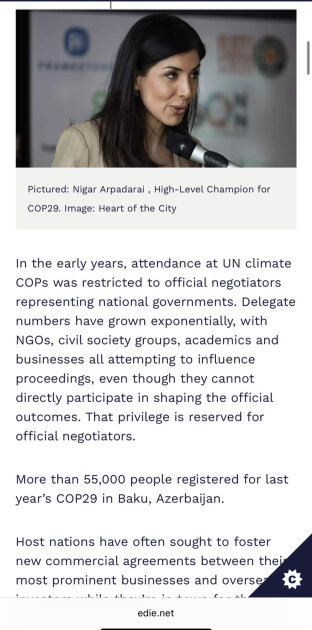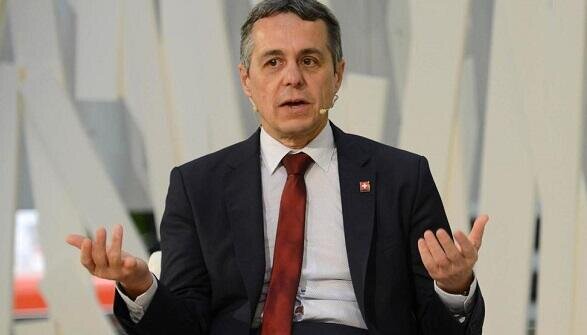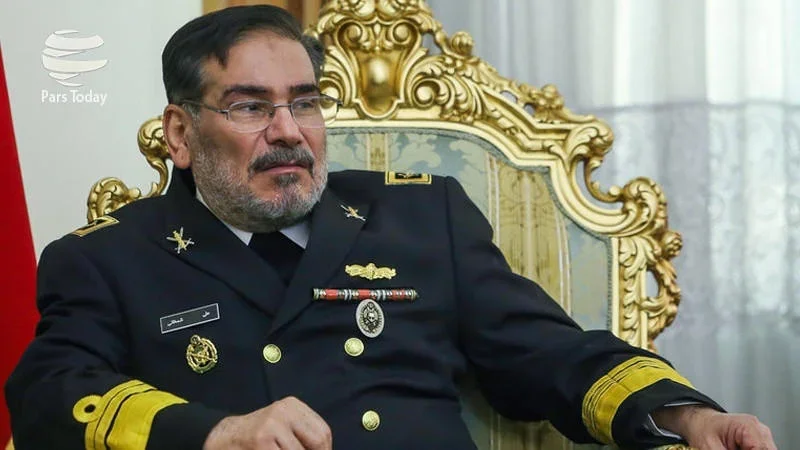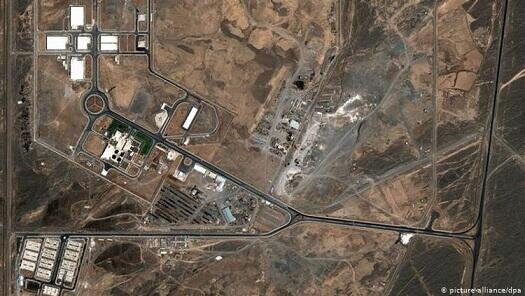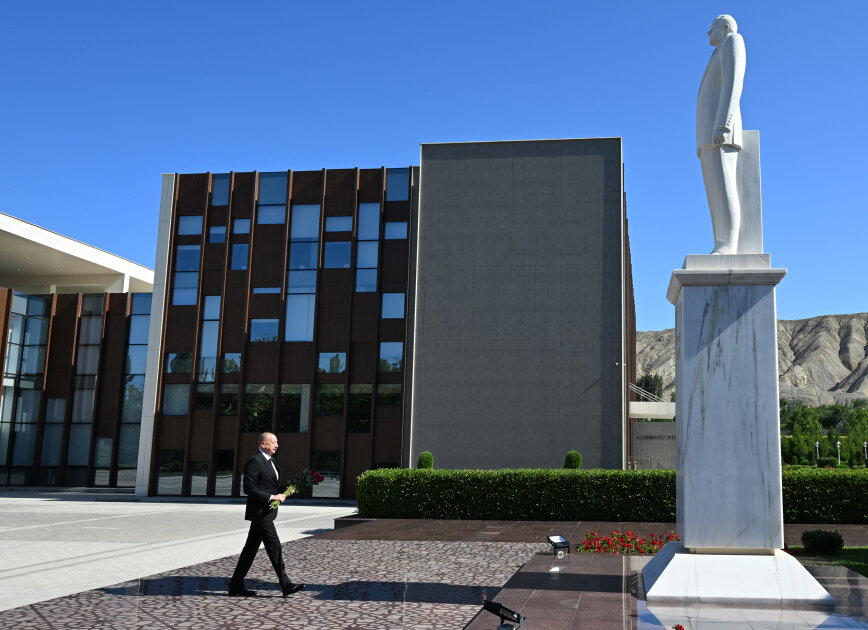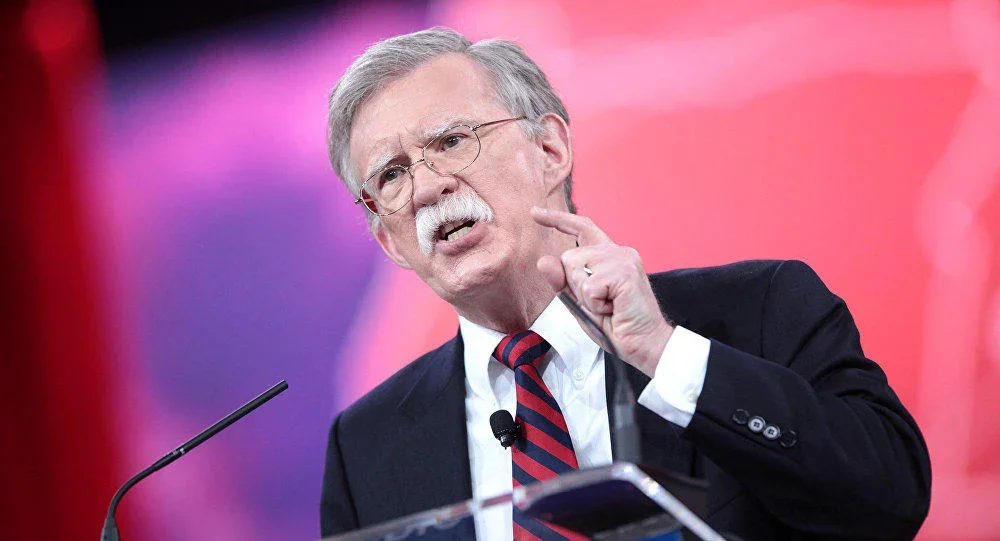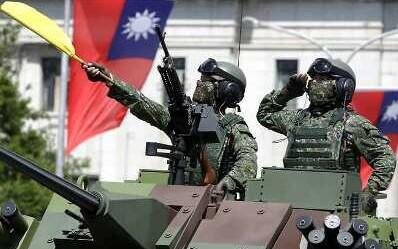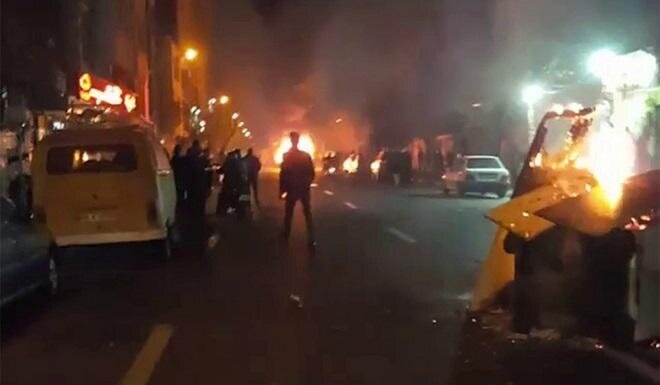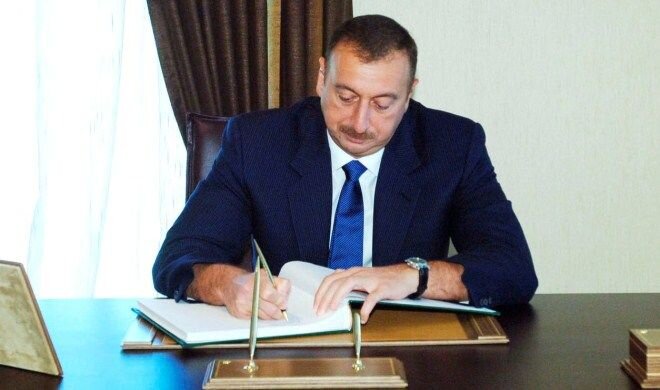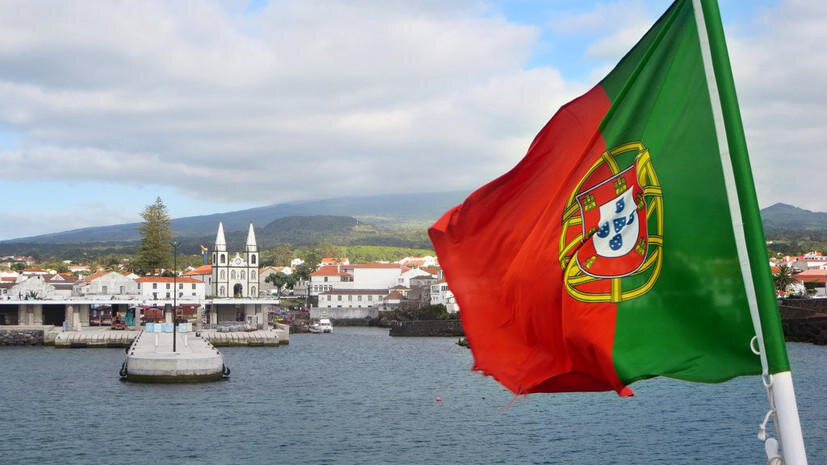Nigar Arpadarai: SMEs are vital in connecting the official COP process with local implementation
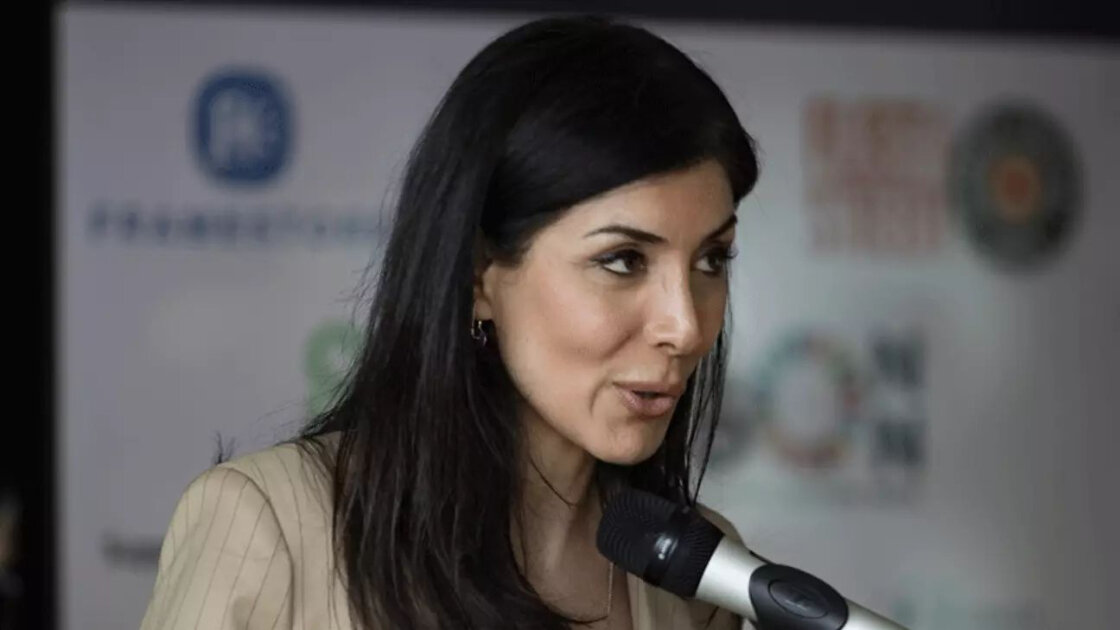 “The High-Level Climate Champion’s role is to enable participation in the COP for non-state actors, such as organizations or individuals not representing governments. This role has been in place since 2016, a year after the ratification of the Paris Agreement. Last year, Baku played a key role in bringing 1,000 CEOs to the Blue Zone of COP29, where they were urged to enhance their businesses’ climate ambition,” Nigar Arpadarai, UN Climate Change High-Level Champion for COP29 Azerbaijan, told Edie.
“The High-Level Climate Champion’s role is to enable participation in the COP for non-state actors, such as organizations or individuals not representing governments. This role has been in place since 2016, a year after the ratification of the Paris Agreement. Last year, Baku played a key role in bringing 1,000 CEOs to the Blue Zone of COP29, where they were urged to enhance their businesses’ climate ambition,” Nigar Arpadarai, UN Climate Change High-Level Champion for COP29 Azerbaijan, told Edie.
“In the early years, only official negotiators representing national governments could participate in UN climate COPs. In recent years, the number of representatives – NGOs, civil society groups, scientists, and businesses – has risen significantly. Though unable to directly shape negotiation outcomes, they actively seek to influence the process. This privilege belongs only to official negotiators.
Over 55,000 people registered for COP29 in Baku last year. At successive COP climate summits, host countries have sought new commercial deals between their leading businesses and foreign investors, often focusing on high-carbon goods and services like coal, oil, and gas, rather than prioritizing cleaner energy transitions. This creates a paradox, as COPs aim to combat climate change by reducing greenhouse gas emissions.
However, the role of the business sector is increasingly central, as host presidential teams seek to unlock the finance and infrastructure that will support progress beyond the summit theme.
“I recognize that the private sector faces numerous criticisms at COP. But if we are discussing a green economy and green transition, how can we achieve these goals without the private sector?” said Nigar Arpadarai.
The High-Level Champion for COP29 added: “All the champions come from different sectors and I think that contributes to the overall project. Dan Ioschpe fully supports the SME project.”
COP30 representatives emphasized that over 95% of Brazilian businesses are SMEs, collectively accounting for more than 70% of the country’s employment.
For this reason, Nigar Arpadarai believes that SMEs serve as a vital link between the official COP process and local implementation. They also play a key role in ensuring that the transition to a low-carbon, climate-resilient economy remains fair and appealing, as this transition is often implemented top-down for reasons that are not always clear.
At this week’s ‘Heart of the City’ SME Climate Action Exchange, Nigar Arpadarai outlined three priority actions for the COP29 and COP30 teams to undertake jointly:
- equip 30,000 SMEs with practical tools and support;
- ensure that 150 large companies actively engage SMEs in their value chains, supporting them in measuring, disclosing, and reducing emissions;
- engage multilateral development banks to secure targeted financial support for SMEs.
Multilateral development banks are prioritized because they help mobilize climate finance pledged by national governments. Wealthy nations have collectively pledged to raise their annual commitments from $100 billion to $300 billion by 2035. Resources are available, and time is so valuable that ‘we must not reinvent the wheel,’ especially with COP30 less than four months away,” Nigar Arpadarai emphasized.
